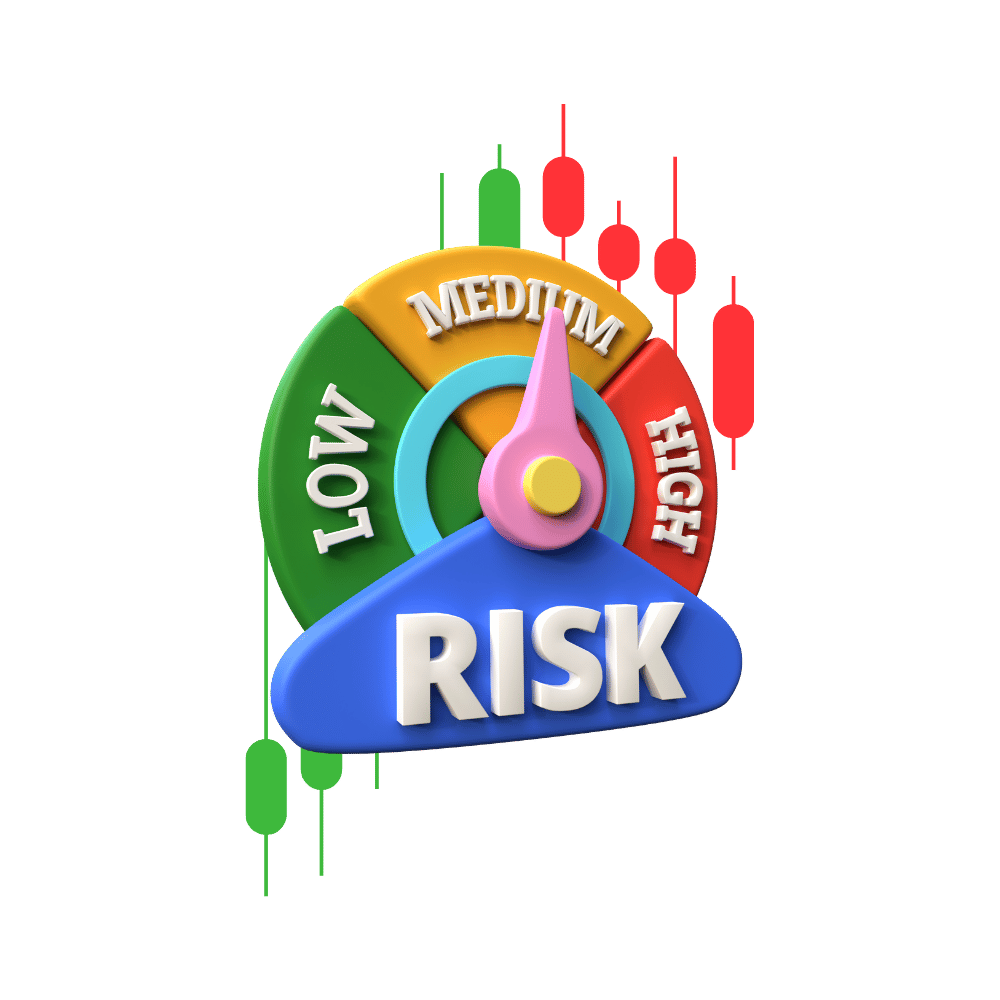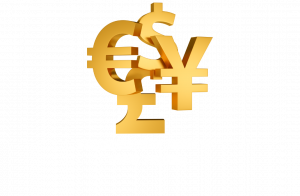Home / FOREX BROKERS / RISKS AND REGULATION IN FOREX TRADING

Risks and Regulation in Forex Trading:
A Comprehensive Guide for Traders
Forex trading offers vast opportunities for profit, but it also comes with significant risks.
Understanding these risks and the regulatory framework that governs the Forex market is crucial for anyone looking to engage in currency trading.
This guide will provide an in-depth look at the key risks in Forex trading, the role of regulation, and how to protect yourself as a trader in the global Forex market.
What is Forex Trading?
Forex trading, or foreign exchange trading, involves buying and selling currencies in the global marketplace.
The goal is to profit from the fluctuations in exchange rates between different currencies.
With a daily trading volume exceeding $6 trillion, the Forex market is the largest and most liquid financial market in the world.
While the potential for profit is high, the risks involved in Forex trading are substantial. This makes it important to understand both the dangers and the regulatory safeguards in place to protect traders.
The Major Risks in Forex Trading
Forex trading is not without its risks. In fact, understanding and managing these risks is a critical part of successful trading.
Below are the most common risks that traders face in the Forex market.
1. Market Risk
Market risk refers to the possibility of losses due to unfavorable changes in the price of currencies. Since Forex markets can be highly volatile, exchange rates can shift rapidly in response to economic data, political events, or even speculative actions.
Key Factors Affecting Market Risk:
- Economic Reports: GDP, unemployment rates, inflation, and other economic indicators can cause sudden fluctuations.
- Geopolitical Events: Elections, political instability, and global conflicts can have a significant impact on Forex markets.
- Market Sentiment: Investor perceptions and global trends can lead to large price movements.
Stat: A 2023 study by the Bank for International Settlements (BIS) found that 70% of Forex price movements are driven by speculative trading rather than economic fundamentals.
2. Leverage Risk
Leverage allows traders to control a large position with a relatively small amount of capital. While leverage can amplify profits, it can also significantly increase losses.
- Example: A trader using 50:1 leverage can control a $50,000 position with just $1,000 of capital. However, if the market moves against them by just 2%, they could lose their entire investment.
Fact: The ESMA (European Securities and Markets Authority) has capped retail leverage on Forex trading to 30:1 for major currency pairs and 20:1 for minor pairs to protect traders from excessive risk.
3. Liquidity Risk
The Forex market is generally very liquid, meaning there is typically enough trading volume to execute orders at desired prices. However, during periods of market stress or when trading exotic currency pairs, liquidity can dry up, leading to wider spreads and difficulty executing trades.
- Example: During significant market events like the Brexit vote or the COVID-19 pandemic, liquidity can dramatically decrease, causing price gaps and slippage.
4. Counterparty Risk
Counterparty risk refers to the risk that the broker or financial institution you’re trading with could default, fail to honor trades, or engage in fraudulent activities.
- Tip: Always choose a regulated Forex broker with a strong reputation in the industry to reduce counterparty risk.
5. Interest Rate Risk
Interest rate changes by central banks are one of the most significant drivers of currency values.
A change in interest rates can lead to an immediate shift in market sentiment, and sudden or unexpected interest rate changes can cause large price movements.
Example: When the Federal Reserve (Fed) raises interest rates, the U.S. Dollar often strengthens against other currencies, which can create volatility for traders.
The Importance of Regulation in Forex Trading
Due to the inherent risks involved in Forex trading, it is essential that the market be regulated to protect both retail and institutional investors. Regulations help ensure transparency, reduce fraud, and maintain fair and orderly markets.
1. Global Forex Regulatory Bodies
There are several regulatory bodies around the world that oversee Forex trading. Each of these agencies works to enforce rules and standards that protect traders and maintain market integrity. Here are some of the most prominent ones:
Major Forex Regulatory Bodies:
| Regulatory Body | Region/Country | Key Responsibilities |
|---|---|---|
| Commodity Futures Trading Commission (CFTC) | USA | Regulates Forex brokers and traders in the U.S. |
| Financial Conduct Authority (FCA) | UK | Ensures transparency and fairness in Forex trading |
| Australian Securities and Investments Commission (ASIC) | Australia | Regulates Forex brokers and ensures market integrity |
| Cyprus Securities and Exchange Commission (CySEC) | Cyprus | Oversees Forex brokers operating in the EU |
| European Securities and Markets Authority (ESMA) | European Union | Implements rules for Forex trading in the EU |
| Monetary Authority of Singapore (MAS) | Singapore | Regulates financial institutions, including Forex brokers in Singapore |
2. Key Forex Trading Regulations
Regulations vary by region, but key regulations generally cover the following areas:
- Leverage Restrictions: Many regulators, such as ESMA and ASIC, have set limits on the amount of leverage that brokers can offer retail traders to reduce the risk of large losses.
- Segregation of Funds: Regulated brokers are required to keep client funds separate from their own, ensuring that client funds are protected in case of bankruptcy.
- Transparency: Brokers are required to disclose their financial status, trading practices, and any conflicts of interest.
- Anti-Money Laundering (AML): Regulations require Forex brokers to implement robust AML procedures to prevent money laundering and financial fraud.
Fact: According to a 2022 report from the International Monetary Fund (IMF), Forex brokers that are regulated by reputable authorities experience 30% fewer instances of fraud and misconduct than those that are unregulated.
Choosing a Regulated Forex Broker: Key Considerations
When choosing a Forex broker, it is important to ensure they are properly regulated.
Below are some key considerations when selecting a regulated broker:
1. Check for Regulatory Compliance
Always verify that the broker is licensed by a reputable regulatory body, such as the CFTC, FCA, or ASIC.
Regulatory bodies enforce strict rules that protect traders from fraud and unethical practices.
2. Risk Management Tools
Ensure that the broker offers risk management features like stop-loss orders, negative balance protection, and leverage controls.
These tools can help mitigate risk and protect your capital.
3. Customer Reviews and Reputation
Before opening an account, research customer reviews and feedback to gauge the reputation of the broker.
Platforms like Trustpilot or Forex Peace Army can provide valuable insights into a broker’s reliability.
4. Trading Platforms and Tools
A regulated broker should offer reliable, user-friendly trading platforms (such as MetaTrader 4/5 or cTrader) and advanced charting tools that help you make informed trading decisions.
A global brokerage offering low-cost Forex trading and access to a wide variety of global markets for experienced traders.
A leading, highly regulated global broker offering competitive spreads and advanced trading platforms for all experience levels.
A popular social trading platform where users can copy successful traders and engage in a variety of asset classes.
A well-established broker known for low spreads, excellent customer support, and robust trading tools for all traders.
A versatile broker providing a wide range of account options, high leverage, and top-tier educational resources.
An Australian-based broker offering tight spreads and fast execution, ideal for scalpers and active traders.
A globally recognized broker known for low minimum deposits, high leverage, and a range of trading tools and resources.
A well-regulated Forex broker offering advanced tools, high-quality market analysis, and a wide range of account types.
A professional-grade broker with a wide range of markets, providing powerful platforms and in-depth research tools.
A user-friendly CFD trading platform that offers Forex trading with tight spreads and a simple, intuitive interface.
Managing Risks in Forex Trading
While regulation is essential for protecting traders, it’s also important to implement strategies that minimize risk exposure.
Here are some tips to help manage risk in Forex trading:
1. Use Stop-Loss and Take-Profit Orders
A stop-loss order automatically closes a position if the market moves against you, limiting potential losses.
A take-profit order closes a position when the market hits a predefined level of profit.
2. Control Leverage
Leverage can magnify both profits and losses. Use leverage cautiously and avoid over leveraging your positions.
As a rule of thumb, limit your leverage to a level you are comfortable with.
3. Start with a Demo Account
Before committing real capital, practice with a demo account.
This will help you get a feel for market conditions, test strategies, and understand how to handle risk in real-time.
4. Diversify Your Portfolio
Don’t put all your capital into a single currency pair.
Diversifying your trades across different assets can reduce overall risk.
5. Monitor Economic Events
Stay informed about global economic events and data releases.
Major events, such as central bank decisions, employment reports, or geopolitical issues, can cause significant market volatility.
Conclusion
Forex trading offers immense profit potential but also significant risks. Understanding the risks involved, such as market risk, leverage risk, and liquidity risk, is essential for any trader.
Additionally, choosing a regulated Forex broker and using proper risk management strategies can help you navigate the volatile Forex market more effectively.
By adhering to these guidelines and staying informed about regulatory standards, you can reduce the risks of trading and increase your chances of success in the Forex market.

Author,
leading expert at FBX
Robert has been working in financial market valuation and analysis since 2008.
Years of experience and deep immersion in the topic give us every reason to trust his expertise.












